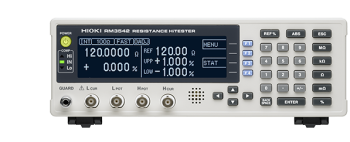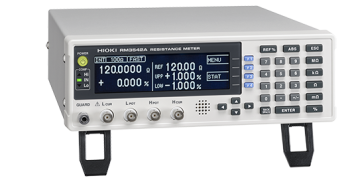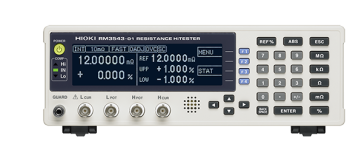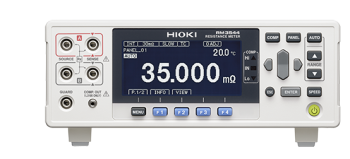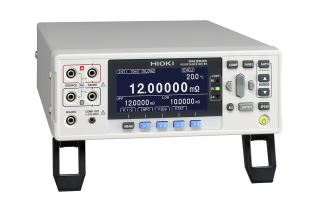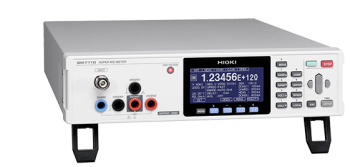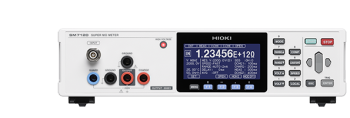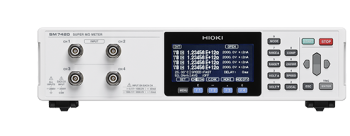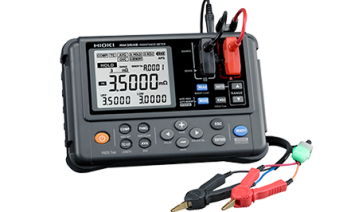Power Electronics Test Systems /
Resistance Meters
Resistance meters are instruments used to measure the electrical resistance of a material or component. Resistance is a fundamental property of electrical conductors and is defined as the opposition to the flow of electric current. Measuring resistance is essential in the design, development, and maintenance of electrical circuits and systems.
Resistance meters use a variety of techniques to measure resistance, including the four-point probe method, the two-point probe method, and the bridge method. The four-point probe method is widely used for measuring the resistance of thin films and other materials with low resistance. This method uses four closely spaced probes to accurately measure the resistance of a material without being affected by the contact resistance between the probes and the material.
Resistance meters are instruments used to measure the electrical resistance of a material or component. Resistance is a fundamental property of electrical conductors and is defined as the opposition to…
...the flow of electric current. Measuring resistance is essential in the design, development, and maintenance of electrical circuits and systems.
Resistance meters use a variety of techniques to measure resistance, including the four-point probe method, the two-point probe method, and the bridge method. The four-point probe method is widely used for measuring the resistance of thin films and other materials with low resistance. This method uses four closely spaced probes to accurately measure the resistance of a material without being affected by the contact resistance between the probes and the material.
-
Hioki DC resistance meters measure a broad range of resistance values at a high level of precision. The Hioki RM3542 deliver high speed, high...FIND OUT MORE
-
Hioki DC resistance meters measure a broad range of resistance values at a high level of precision. The Hioki RM3542A delivers high-speed and...FIND OUT MORE
-
Hioki DC resistance meters measure a broad range of resistance values at a high level of precision. The Hioki RM3543 is designed to be integrated...FIND OUT MORE
-
Hioki DC resistance meters measure a broad range of resistance values at a high level of precision. The Hioki RM3544 is easy-to-use resistance...FIND OUT MORE
-
Introducing the Hioki RM3545 Resistance Meter – the ultimate solution for high-precision and multi-point resistance testing. With a wide range...FIND OUT MORE
-
The Hioki SM Series Super Megohm Meters are high resistance and ultra low current inspection devices with a 0.1 fA resolution to offer precise...FIND OUT MORE
-
The Hioki SM Series Super Megohm Meters are high resistance and ultra low current inspection devices with a 0.1 fA resolution to offer precise...FIND OUT MORE
-
The Hioki SM Series Super Megohm Meters are high resistance and ultra low current inspection devices with a 0.1 fA resolution to offer...FIND OUT MORE
-
Hioki DC resistance meters measure a broad range of resistance values at a high level of precision. The RM3548 is a high-precision, portable...FIND OUT MORE

